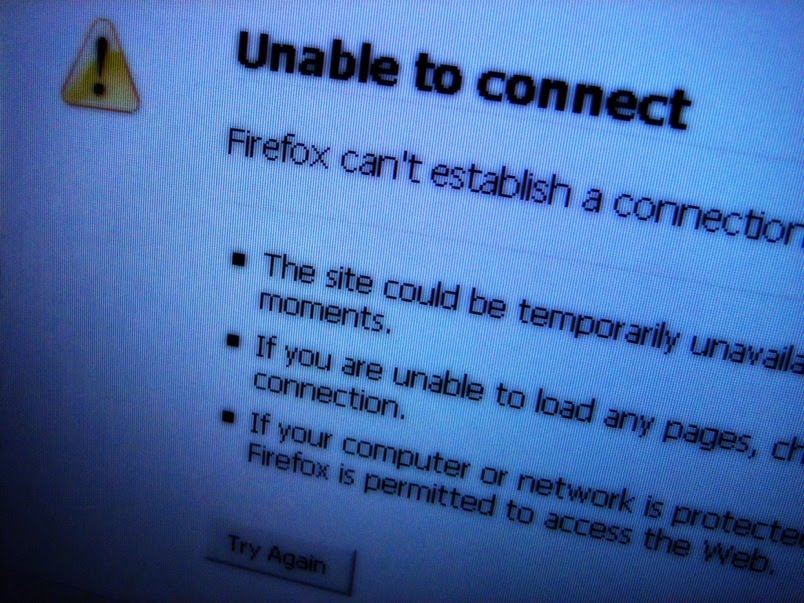I was sitting at my desk last night doing my college homework and listening to  streaming music (yay for Spotify
streaming music (yay for Spotify
I connected my desktop PC directly to the modem and reset it. After doing an ipconfig /renew from the command line, I had Internet access. So what was going on with my modem?
I live in Florida and my ISP is Bright House Networks. Bright house has their DHCP time to live assignments set to 8 hours for home customers in my area. How do I know this? Because I looked at the history logs in the modem. Also, performing an ipconfig /all displays the TTL and DHCP lease info in the command line. What does this mean and how does this answer my question about the connection drop outs?
My modem is set to drop it's ip address lease every 8 hours and request a new one from bright house's DHCP servers. It can take up to 4 minutes for the process to complete due to region and service load. Also, since bright house is a cable network, the bandwidth is shared with my neighbors and can cause additional delays (especially if the neighbor's cable modem is also trying to renew it's DHCP lease at the same time). When a computer, or modem or any internet connected device, does NOT have an IP address it means that it is not connected to any network whatsoever. This means no streaming music, no web browsing, and no internet access at all. Of course, once an ip address is assigned to the modem from my ISP, viola! Internet access is restored. This example is just in my own instance and others may not have these types of issues. But if you are a Comcast customer, their DHCP leases are even shorter (and even shorter still in heavily populated areas such as apartments or heavy urban areas like Downtown Seattle or Orlando). Why do ISPs have DHCP leases set for a very short period of time? Because there are no more IPv4 addresses left in the world and they are a very expensive commodity. At this time, because the world is still heavily reliant on IPv4 addressing, ISPs are forced to assign IPv4 addresses to both businesses and home customers. Obviously, businesses take priority while home customers are stuck with the leftovers. IPv6 fixes this problem...
So, this completely answers my question about why my Internet connection drops out from time to time. So why did you read this entire post and why should you care? Because this issue happens to everyone regardless of their ISP or type of service! I remembered at my place of work that we work on issues from time to time with our customers where their Internet connection dropped out during a web conferencing recording session, then after a few minutes everything was working again but the recording session was broken or missing. Or that the one of our branch offices has intermittent network drop-outs during the day at random times (some of our branch offices have Comcast as their ISP provider), or that a customer loses internet connection at a specific time per day but then everything works fine after a few minutes. **There is a way to check a modem's DHCP lease time by logging directly into the modem and looking at the logs.... look for 'time to live' or 'lease time'...
So the final question would be, "is there a way to make it so that there are no network drop-outs due to DHCP renewals?" .... No. This is simply the way that TCP/IP networks are designed at this time. Unless ISPs decide to change their policies regarding their DHCP server settings, the answer will forever be NO. But like I said, IPv6 fixes this problem. With IPv6, there is an almost infinite number of IP addresses that can be assigned (in the trillions!) to thousands of devices and there may not be a need to use DHCP with IPv6 (no refreshing IP addresses, no needing to recycle IP addresses, and so on). Unfortunately, full IPv6 worldwide implementation is still years away. For now, we will just have to deal with what the ISPs provide us with.
So lets say that you call your ISP and try to explain this issue to them. You are really just wasting your time. Hang up now and just wait for everything to work again. The 1st level technician on the line most likely will not know anything about what I have just written about, and you trying to explain this problem to them will go in one ear and out the other. Just don’t bother with the ISP. If you need a persistent internet connection, then open your checkbook and pay for a dedicated internet line (such as a T1) with a static IP address. But if you do this, be prepared to shell out a good percentage of your cash per month because these types of lines are expensive (which should not come as a surprise to you). Otherwise, you are stuck with the generic DHCP pool just like the rest of the world.
- Joe
